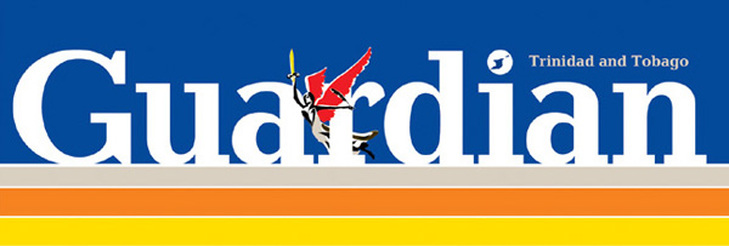This has leaders of the main three political parties in the UK – Conservative, Labour and the Liberal Democrats – in a panic. So much so that leaders of all three spent last week campaigning in Scotland against a Yes vote and promising many things they should have offered years, if not decades ago.
On this side of the Atlantic, today is also the date of a self-governance forum in Signal Hill, Tobago. So far Chief Secretary of the Tobago House of Assembly, Orville London, has been clear he is not after secession like the Scots but self-determination. The desire for extra powers of self-determination however is the same road the Scottish Yes campaign started off on long ago.
Now of course Tobago is not Scotland, and Trinidad and Tobago is not the United Kingdom. The differences are vast. Yet as the possible disintegration of one of the world’s most successful Unions comes into view should we be concerned about the future cohesion of our own twin-island nation-state?
For Mr London the forum is an opportunity to find out what Tobagonians want. As he put it, “The self-governance of which we speak has nothing to do with secession. Nowhere did we get any concerted response from Tobagonians advocating secession. What we are talking about is that the sovereign democratic state of Trinidad and Tobago must remain united. But in that sovereign state the people of Tobago must have the right for self-determination.”
In the political sociology literature the claim of cultural and ethnic uniqueness is often the catalyst in demands for separatist movements. To a certain degree, it is possible to describe some differences between Tobago and Trinidad in this cultural way.
There are distinctions in family and kinship, race and ethnicity, language and worldview. We might also observe, in the main, the day-to-day lives of Tobagonians are less urban and more rural. Some researchers also stress Tobagonians maintain elements of ancestral African culture like the belief in collectivism, which is distinct to the culture of Port of Spain’s capitalism, and the harsh individualism it breeds.
Yet looking on from the outside Tobago, and also with Scotland for that matter, it doesn’t seem either is so culturally unique from the rest of their societies to be foreign.
Another reason behind movements for political autonomy and self-determination is geography. In the cases of Scotland and Tobago we might say both are geographically distinct and apart from the seat of political decision-making. As a result of this distance from their national centres of power both suffered historical inequalities such as economic mistreatment, uneven development, and discrimination.
In Scotland’s case many UK commentators point out Scottish Independence is the logical outcome of Thatcherism, which was premised on rugged individualism over social justice and caused much social damage north (and south) of the border. For these commentators the Scottish Yes campaign is winning because they are offering a vision of the future with a social conscience none of the main political parties in Westminster has offered since the 1970s. A similar sentiment Mr London might consider.
So looking to the future what might self-determination for Tobago involve? There are many political devices available to achieve self-determination, including many that fall short of independent statehood including autonomy, federalism, power sharing, devolution and decentralisation.
Decentralisation allows for internal autonomy within a nation-state. It allows for some decision-making powers to be taken away from the national state and placed in a sub-state. Some suggest it is the best way to appease any desire for secession because it provides a limited sense of autonomy with the accompanying political pride this promotes. The power at the centre loses a little, while the power in the sub-state gains. Government loses while governance wins.
Of course such decentralisation isn’t necessarily rosy. It can bring problems at the same time it appears to be solving them. For example, in an extreme case discrimination against a minority in the self-determining region might occur or one religious group’s rights are protected more than another group’s?
The terrain of self-determination is both inspiring yet contains dangerous unknowns. Yet a population’s request to be treated as the masters of their own geographical space should be listened to. However, as Gordon Brown remarked about the increasing likelihood of Scotland secession, “countries can be lost by mistake.” A warning we should not dismiss lightly.
Dr Dylan Kerrigan is an anthropologist with a Scottish Dad

 RSS Feed
RSS Feed